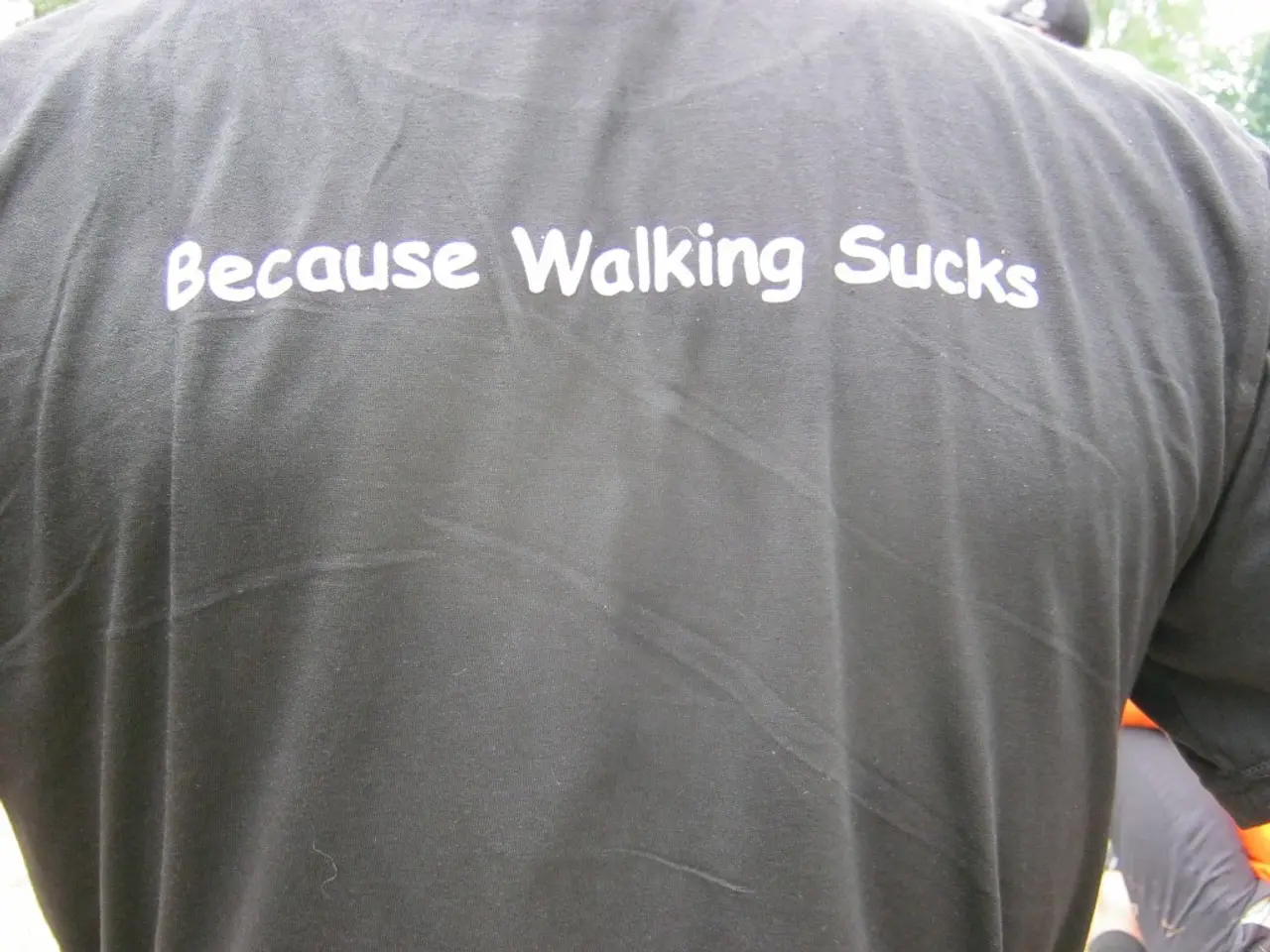Exploration of the Desire for Discomfort and Strategies to Manage It
Modern life, with its comforts and conveniences, has removed most forms of natural hardship. This has led to increased anxiety, restlessness, and disconnection for many. But what if we could harness the power of discomfort to improve our mental health and resilience?
Enter the concept of hormesis, where small doses of stress stimulate growth and strength. This principle is at the heart of voluntary discomfort, a practice that involves deliberately exposing oneself to challenging or uncomfortable situations.
Engaging in voluntary discomfort can enhance psychological flexibility—the ability to adapt to difficult thoughts and feelings without avoidance. This, in turn, is linked to better mental health outcomes. Exposure to voluntary discomfort may reduce experiential avoidance, promoting acceptance and engagement with life’s challenges.
One example of this practice is the immersive experiences offered by Desert Island Survival. These experiences, such as the UK Weekend with Naomi Allsworth, are about clarity and healing, helping participants ground their bodies and clear their minds. Desert Island Survival incorporates principles of purposeful discomfort into their experiences, such as cold dips at dawn, fire-making from scratch, and sleeping outside.
Cold exposure, a key component of these experiences, stimulates the vagus nerve, promoting parasympathetic nervous system activity. This helps the body relax and recover from stress. Cold exposure can also activate the neuroendocrine system, increasing the release of mood-enhancing neurotransmitters like dopamine.
The effects of voluntary discomfort extend to the brain as well. Intermittent fasting, another form of voluntary discomfort, has been associated with improved memory, increased production of brain-derived neurotrophic factor (BDNF), and enhanced synaptic plasticity, contributing to better brain health. The effects of intermittent fasting may also reduce the risk of neurodegenerative diseases.
However, it's important to note that voluntary discomfort is not about enduring hardship for its own sake but about facilitating a reset. Routines can shrink individuals over time. When life becomes too easy, our old wiring still hums beneath the surface, leading to artificial stress, arguments, overthinking, self-doubt, and a craving for real challenge.
In summary, the science behind voluntary discomfort centers on improving mental health by increasing psychological flexibility, reducing avoidance, and strengthening resilience through controlled exposure to discomfort. This can lead to better emotional regulation and well-being. So, the next time you feel the itch for discomfort, remember it's not something to fix or ignore; it's the body saying it's ready for a challenge. Embrace it, and you might just find yourself stronger, healthier, and more resilient.
- To combat increased anxiety, restlessness, and disconnection in modern life, one can consider the concept of hormesis, where deliberate exposure to discomfort can stimulate growth and strength.
- Engaging in voluntary discomfort, such as Desert Island Survival's immersive experiences, can enhance psychological flexibility, promoting better adaptation to difficult thoughts and feelings.
- Cold exposure, a key aspect of such experiences, stimulates the vagus nerve and promotes relaxation, as well as activating the neuroendocrine system to release mood-enhancing neurotransmitters like dopamine.
- The practice of voluntary discomfort also extends to the brain, with intermittent fasting associated with improved memory, increased BDNF production, and enhanced synaptic plasticity for better brain health.
- Embracing voluntary discomfort is not about enduring hardship for its own sake, but about resetting the mind and body by facilitating adaptation and strengthening resilience.
- Incorporating voluntary discomfort into one's lifestyle can lead to better emotional regulation and overall well-being, serving as a challenge that promotes growth and resilience.
- Adventure travel, sports, bushcraft, and outdoor-living, can all be channels for experiencing voluntary discomfort, offering a chance to connect with nature, teamwork, and the spirit of adventure.





